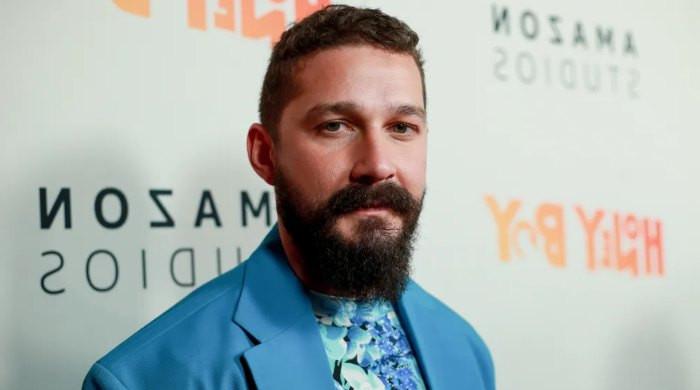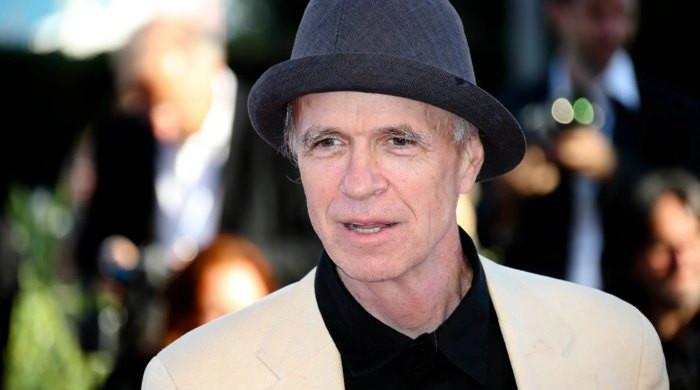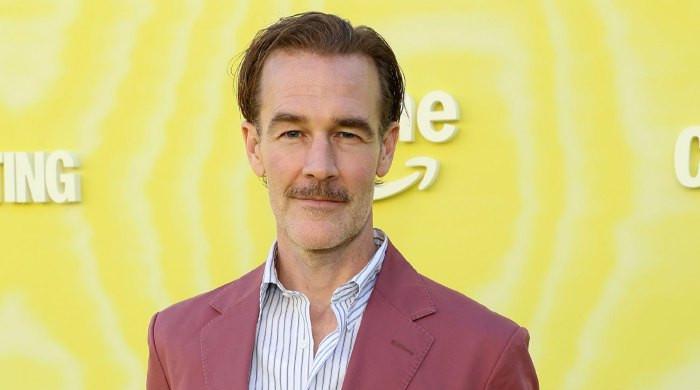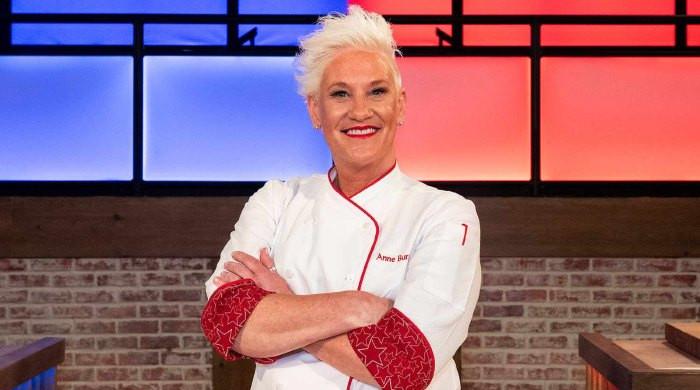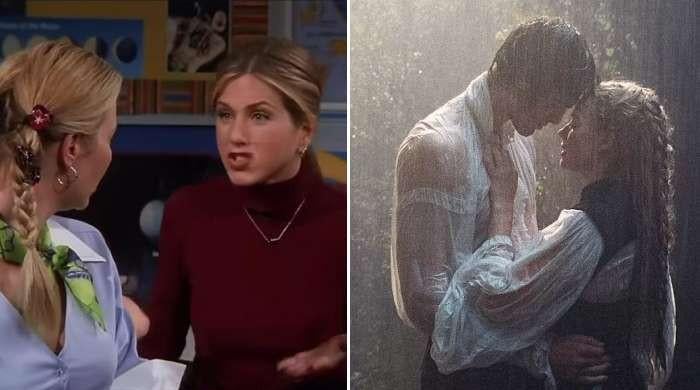Waheed Murad and Majid Khan: Separated by careers, conjoined by fate
It is unlikely that Murad and Majid Khan ever met
November 23, 2017
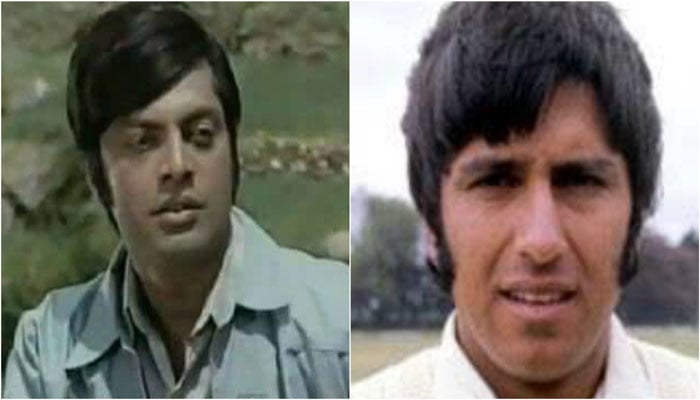
It was 34 years ago on 23 November, when Waheed Murad, the most iconic star of Pakistan industry, left us for the heavenly abode. An actor, producer and director, Murad worked in over 120 movies, producing a dozen of them himself.
There were no doubts about his unique way of acting, but his impact went beyond the movies. His hair-cut was followed by boys, girls kept his photograph in their course-books. His dressing sense and conversation style is still adapted by many. Waheed Murad managed to change the face of the industry, but could not sustain the changing times.
Waheed was a multi-talented star, he was at ease when doing action sequences, had no match as a romantic lead, drama was never an issue for him while his comic timing was unmatchable; he is the only one to have been comfortable with all the top-notch comedians.
Born on 2nd October 1938, Waheed entered the film industry as a producer in 1961, with Insaan badalta hai. He was one of the youngest producers around at just 23. His father, Nisar Murad, was in the film distribution business before partition and was well connected in the industry. After working as a supporting actor in a couple of films, it was in December 1964, when Waheed made his full-fledged ‘debut’ as an actor/producer with Heera aur Pathar.
Pakistan was, back then, a peaceful country, moving ahead under President Ayub Khan. Television was introduced later that year, weeks before Presidential elections of January 1965, which pitched Ayub Khan against Fatima Jinnah. The country was progressing in other fields as well with the legendary humorist and TV celebrity Anwar Maqsood making his painting debut in Karachi. Sports were also getting recognition for the young nation. Pakistan won the silver medal in hockey event at Tokyo Olympics, (they won the Gold at Rome 4 years earlier), Aftab Jawaid won the amateur British Open Squash title, while the cricket team had no less than six players inducted to face Aussies at Karachi.
There was another person who silently made his debut in 1964, but changed the game in a matter of years. His peak period was similar to Waheed Murad, making him an identical twin in many ways. It was Majid Jehangir Khan.
Both of Waheed and Majid shared the same birth star ‘Libra’, had influential fathers, a prolific rise, a love for English literature, legendary sideburns, athletic frame, remained the darling of the crowd and had an abrupt and sad end to their marvellous careers.
Like the senior Libran, Majid Khan entered ‘his field’ in 1961, scoring a century on first-class debut for Lahore and getting 6 wickets in an innings. He was just 15 years and 46 days at that time.
Born on 28th September 1946 in Jullundar to Dr Jehangir Khan, who had represented All-India Cricket team on its tours to England in 1932 and 1936, Majid had cricket in his veins. A fast bowler during the early part of a career, he made his test debut in Karachi, where Waheed was busy with his debut production, starring in the lead. Majid remained 'the son of the man whose delivery had killed a sparrow’ until August 1967, when he hit off-spinner Roger Davis for five sixes in an over at Swansea.(Legendary Garry Sobers bettered the record by hitting six, the very next year at the same ground when Majid was part of Glamorgan by then).
By then, Waheed Murad’s third production Ehsaan was running to packed houses in Pakistan. Waheed had established himself as a megastar with films like Kaneez, Dever Bhabi, Insaaniyat and Josh.
Majid was influential in helping Glamorgan lift the county championship in 1969, after a gap of 20 years. A 23-year-old Majid planned to study further at Cambridge and was planning to leave Glamorgan. Chants of his name at the celebrations by the crowd made him pledge his return after his studies.
The early 70s saw the best of both stars. Waheed was one of the two actors who was considered ‘a sure shot to success’; with Mastana Mahi (1971) he stepped in Punjabi film industry as a winner. As for Majid, he was named Wisden Cricketer of the year in 1970, after his success with Glamorgan County.
Majid was a sharp fielder, an occasional off-break bowler and a stylish batsman, which made him an automatic choice for any dream team.
Waheed had the credit of producing Pakistan’s first Platinum Jubilee film Armaan in 1966, (his second outing as actor/producer), while Majid had the honour to score Pakistan’s first century in limited overs cricket, in only his second match. His first test century was scored a year earlier in 1973. With Sadiq Muhammad, Majid formed the best opening pair for many years.
In 1975, Waheed Murad worked in several multi-star super hit films, while Majid was amongst the top scorers at the inaugural World Cup. The end of 1976 ticked Waheed’s career with his first Diamond Jubilee film Shabana, while Majid Khan became the 4th player in the history of the game to score a century before lunch on 30th October 1976.
Their careers nosedived with the start of 1979 with separate revolutions. Waheed’s last hit Awaaz was released in October 1978, with an ensemble cast of Muhammad Ali, Shabnam, Naghma and Ghulam Mohiuddin. He was a victim of the VCR invasion, which wrecked the cinema business by late 70s. People used to get video cassettes of Indian movies for as low as 10/-, and preferred to stay home and watch films of better quality, rather than take their family to cinemas. Those who were not fond of Indian movies rented the ‘banned’ cricket matches played in Australia where the World XI would be taking on the Australian XI or West Indies XI. The cricket revolution by Kerry Packer had many cricketers from Pakistan, Majid among them. It is widely believed that at a newly laid pitch in Melbourne’s VFL Park in January 1979, a bouncer from Andy Roberts hit Majid Khan so badly that it fractured his cheekbone. He moved down the batting order later that year, never returning to the ‘top’.
Majid was a quiet player, who minded his own business. He wanted to become Pakistan’s first batsman to score 4000 runs but was dropped from the side by Imran Khan, his cousin, who was appointed captain in mid-1982. Majid was just 69 runs short of the target.
It was January 1983, when Majid, like his debut test, was dismissed without scoring in his last innings.
Waheed was completing Hero in Lahore when Syed Kirmani caught Majid off Kapil Dev at the Gaddafi Stadium. The ‘hero’ had nearly recovered from some injuries received a year earlier in a car accident and wanted to stage a comeback with this film.
For the last couple of years, Waheed had witnessed enough of back-stabbing and false promises from close friends, which eventually forced him to return as producer after a long gap. His death on 23rd November 1983 in Karachi, left Hero incomplete, which was released 14 months later.
The paths of Waheed Murad and Majid Khan might have rarely crossed, but none of them were aware that their story could be so similar. Their sons tried hard to follow in their footsteps but did not succeed. Bazid Khan did make his test debut but is now a celebrated commentator (Majid had a short stint as an expert), similarly, Adil Murad did venture into acting, but is doing well in production, what his father would have done originally.
Waheed Murad and Majid Khan were irreplaceable. Though, Waheed Murad is no more with us, Majid Khan is still alive and kicking and we pray for his good health.
Both of them entertained those who loved them till their last ‘outing’ and were like their names; ‘unique’ and ‘magnificent’. Their charisma can never be recreated nor reproduced. History of the nation would have been different, had they stuck to their ‘original’ roles.





